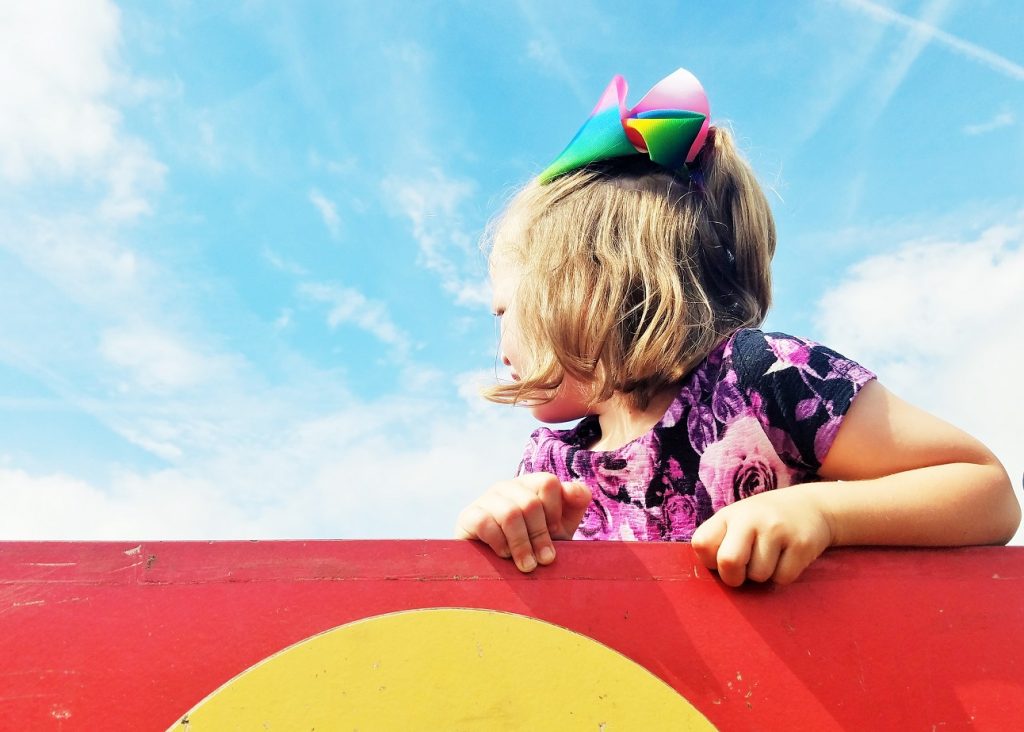
Why You Must Add EMPATHY To Your Parenting Arsenal
Empathy is the ability to put yourself in someone else’s shoes, to imagine how they might be feeling. After 7 years as a mama, I’m putting empathy at the top of my list of essential parenting skills.
If this is something you struggle with, then don’t panic because I’ll be talking you through it further down. But first let’s look at why empathy is so important in the child-parent relationship.
Empathy puts you in someone else’s corner
When you use empathy, you back your child up – you’re in their corner. Instead of observing them from afar, you climb into their situation and experience it with them. They’re not alone.
Every child needs that.
Scratch that – every human needs that!
You might get it wrong sometimes (because a lot of empathy is guesswork), but a child knows that they can trust an empathetic parent. An empathetic parent will try their best to understand their child and treat them fairly.
Your son or daughter will come to you, knowing that they will be listened to and respected rather than belittled or mocked.
Another great plus is that your example will encourage your kid to look at things from your perspective too. They’ve seen you using empathy, and so they will (hopefully) use empathy themselves when you do something that they don’t like.
You create a relationship where you’re both on the same team (even though you don’t always agree…!).
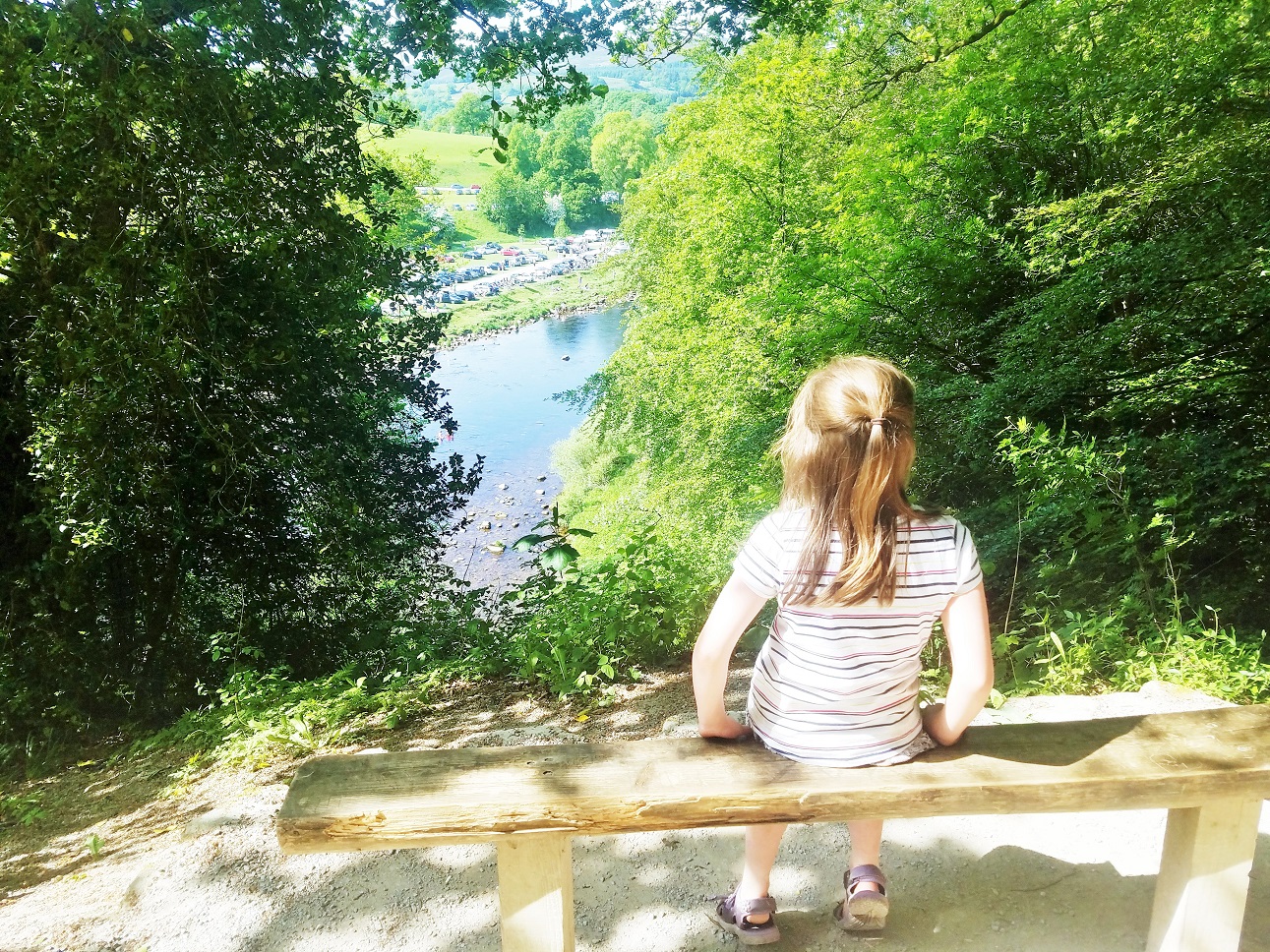
Empathy slows you down
In everyday terms, empathy is the forgotten step between noticing your child’s behaviour and responding to it. It’s so easy to see them draw on the walls, and immediately get cross and confiscate their crayons.
But empathy slows you down.
You don’t just see the outward behaviour; you see your child as a whole, at all times. At any given moment, you look at your child and see:
- the kind of week they’ve had
- the emotional baggage they’re carrying at the time
- the good things they’ve done that day
The empathy step means you have to consider WHY they’ve drawn on the wall before you respond. Was it an accident? Did they run out of paper? Have they seen someone else do it?
Of course sometimes the reasons are more complex: maybe they’re testing the boundaries or feeling out of sorts; perhaps they feel disrupted in some way or vulnerable; it may even be that they need to know you still love them despite their behaviour.
But by seeing your child as a whole person, rather than who they are in that exact moment, you will be a fairer parent. It will be a considered, measured response rather than a knee-jerk reaction.
And then you will be able to start working through the underlying issues.
– “No we only draw on paper. Mummy has to try and clean that up now and it might not come off. I know you saw Laila doing it on Wednesday but I don’t want to see you doing that again. Next time, ask me for some paper.”
– “Put that money back in my purse, please. I know you want to buy that game while it’s in the sale, but taking money without asking is wrong. If you need money, you need to come and speak to me.”
Empathy reassures
When you take the time to understand the root cause, you are telling your child that you care. You’re letting them know that their emotional and mental well-being is important – their feelings and behaviour make sense.
You are letting them know that you can appreciate why they’ve made that choice (even though you disagree with it).
An empathetic parent isn’t going to desert you or laugh at you – they understand you (or at least try to). They want to listen to your thoughts and opinions.
Empathy takes time and thoughtfulness. If you love someone enough to imagine how they are feeling, and to dig around for understanding, you must care about them A LOT.
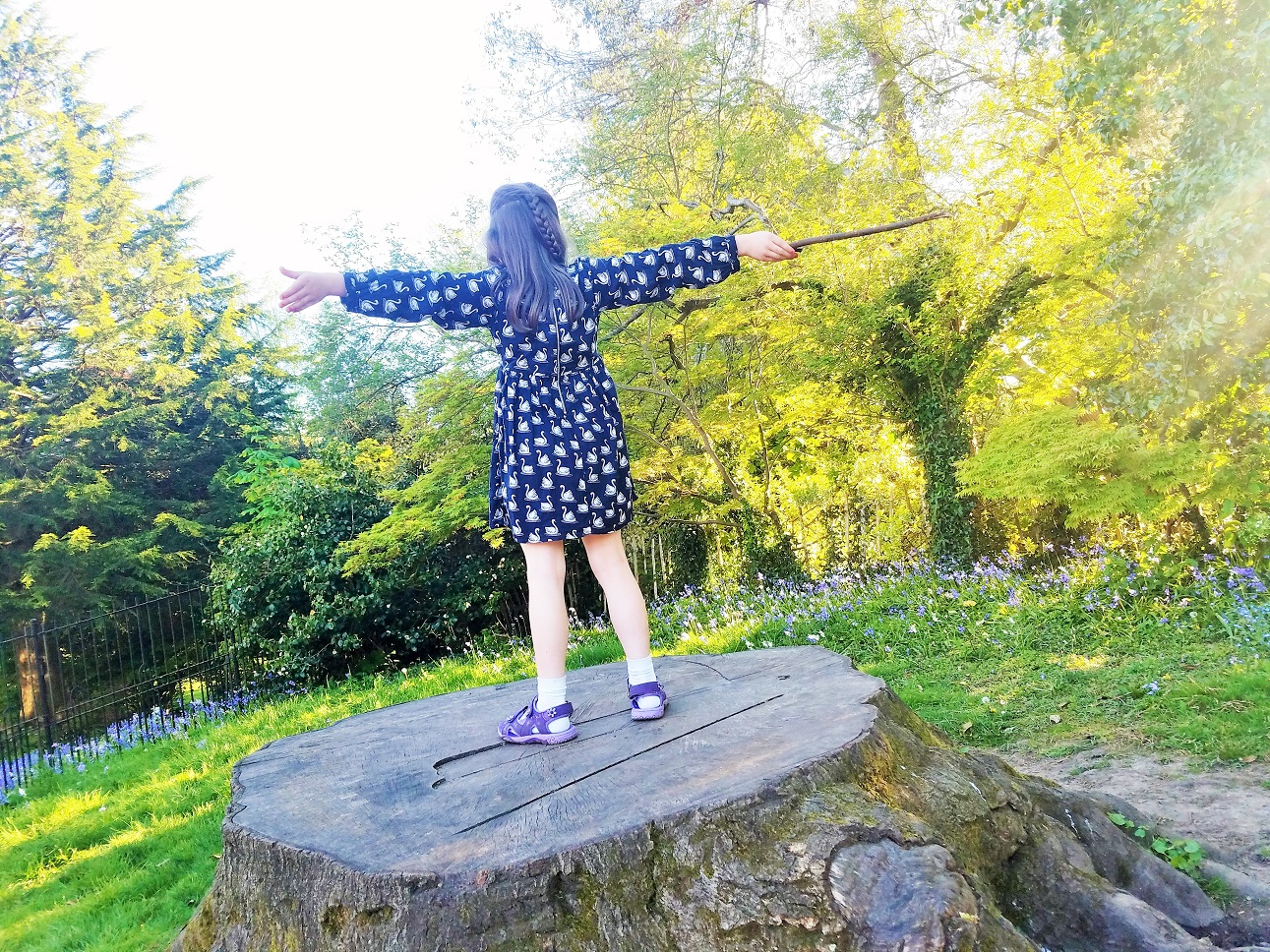
How to be an empathetic parent
At the heart of the gentle parenting philosophy is the idea that children are worthy of the same kindness and respect as adults. So empathy is a key ingredient in gentle parenting because it makes us think, “How would I feel in that situation? How would I want to be treated if that was me?”
So here are five easy ways to become better at empathy as a parent:
Be present
You need to know your child to imagine how they might be feeling. It’s not good enough to just be in the room – observe them from a distance and engage with them close up. Find out what upsets them and what cheers them up. Find out what’s going on in their lives at the moment.
Listen
Your kids will almost certainly be dropping clues about how they’re feeling, but you need to be actively listening to notice them. Pay attention when they talk about the latest school dramas or yawn when it’s only 4pm.
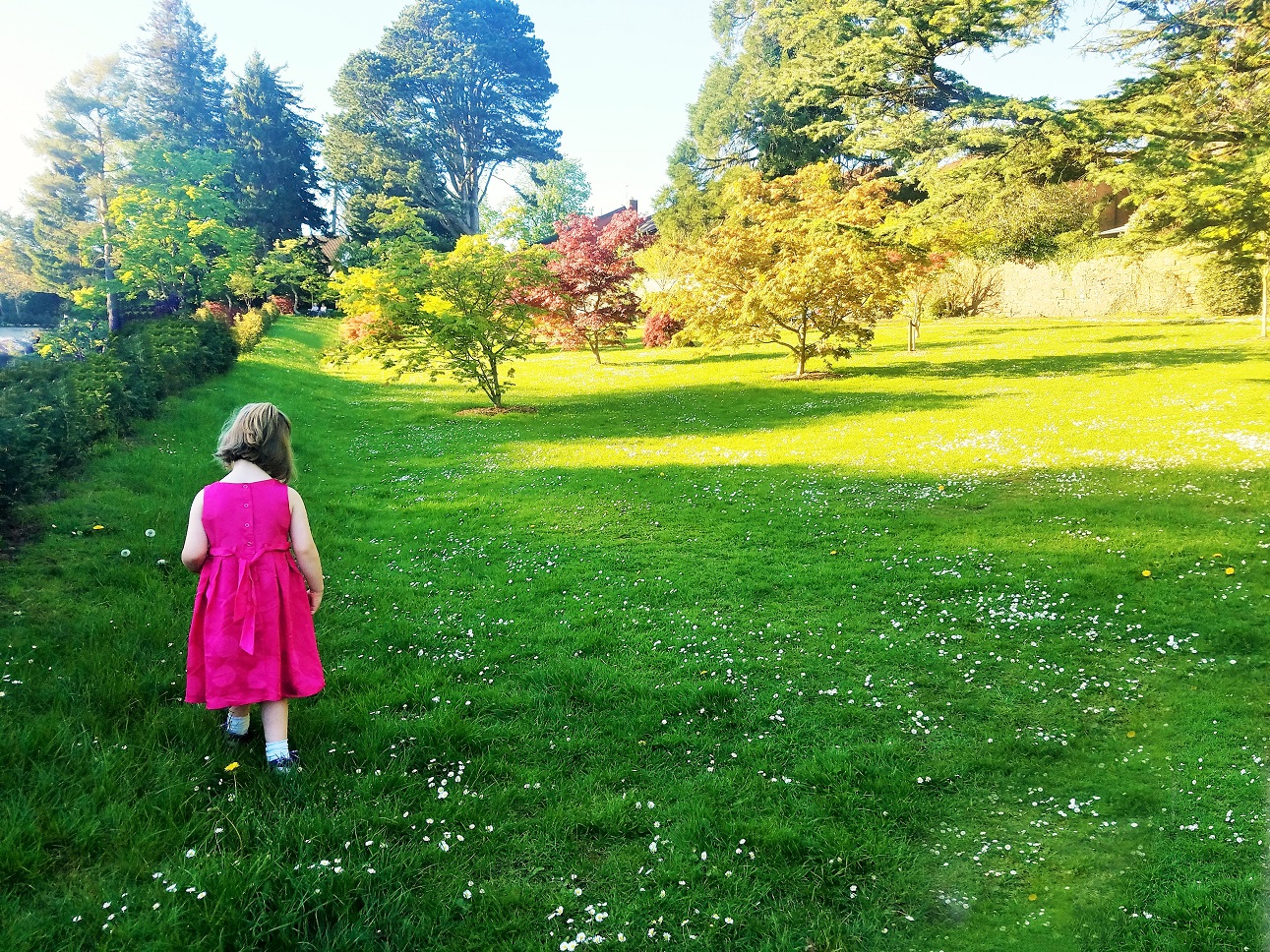
Relate
Try to think of a time you were in a similar situation. This will help you to experience the emotions or worries that your child is dealing with.
NOTE: It might be unwise to share the situation you’re thinking of, though, as your child may not think the two scenarios are comparable, or may be frustrated that you’re talking about yourself instead of listening to them. Instead, just use your experience as a way of understanding your child’s.
Ask
Try not to undermine your child by downplaying their feelings or implying they are silly. Instead, ask them questions to find out what’s really going on in their heads.
- How did you feel when that happened?
- Why do you think you reacted that way?
- What were you thinking when you did ___?
Give them the opportunity to talk, and act as a guide to help them navigate their feelings and analyse their own behaviour.
Support
As parents, it’s important to teach our children and enforce rules, but we also need to be the ones who understand them and unpack the reasons behind the behaviour. We need to be their advocates – the ones who see the good in them and encourage them to see the good in themselves.
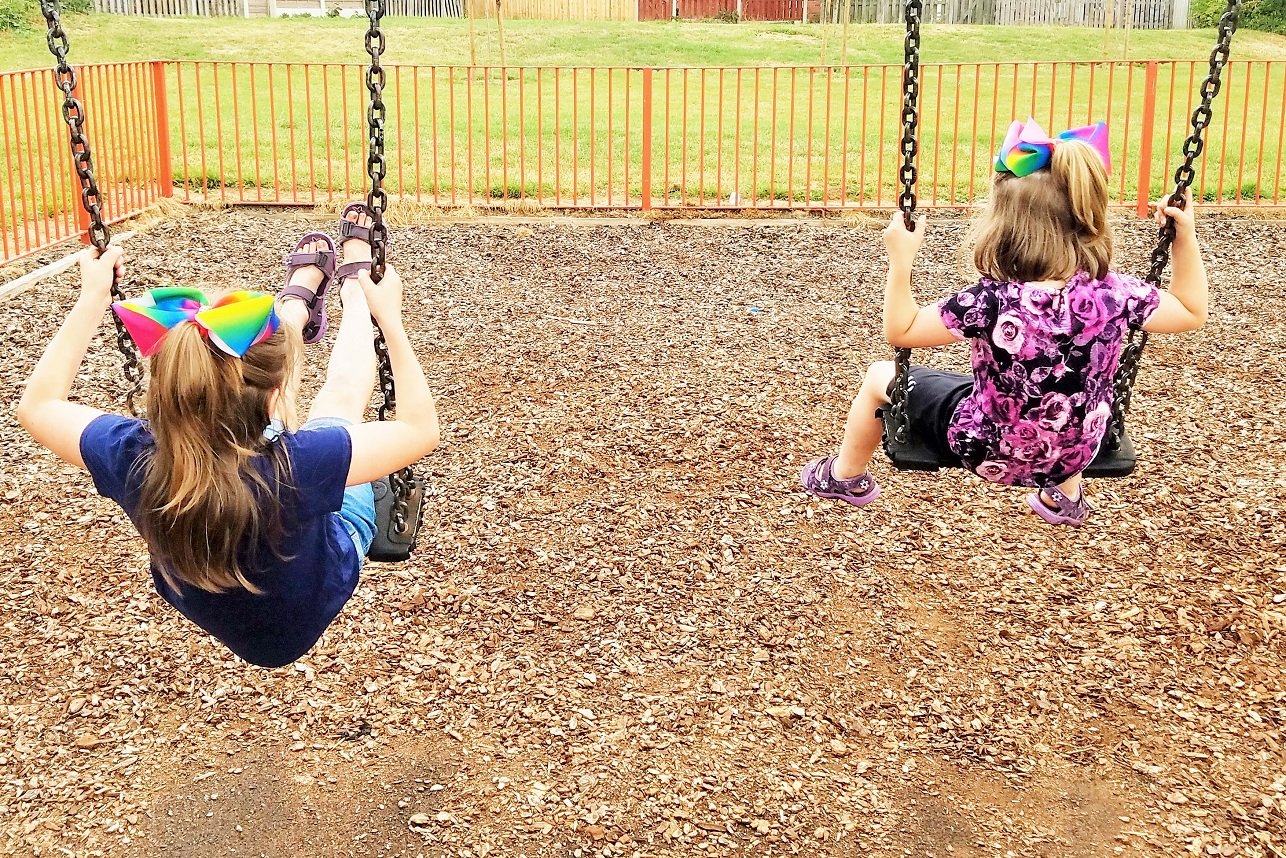
Are you naturally empathetic or do you find it difficult? Were your parents understanding when you were growing up? Do you have any questions or objections to what I’ve written here? I love to hear your opinions so let me know by leaving a comment below.
For more gentle parenting hints and tips, sign up for regular updates from Lucy At Home, scroll right to the bottom of this page and click the “sign up” button!
PIN it for later:
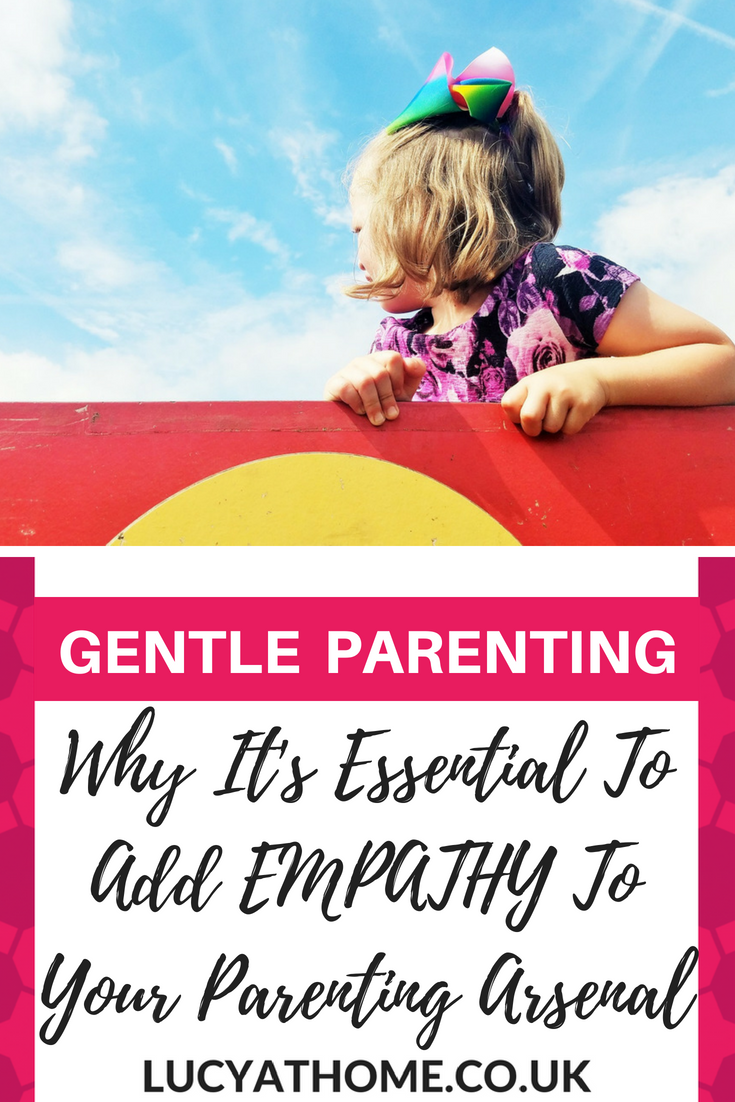

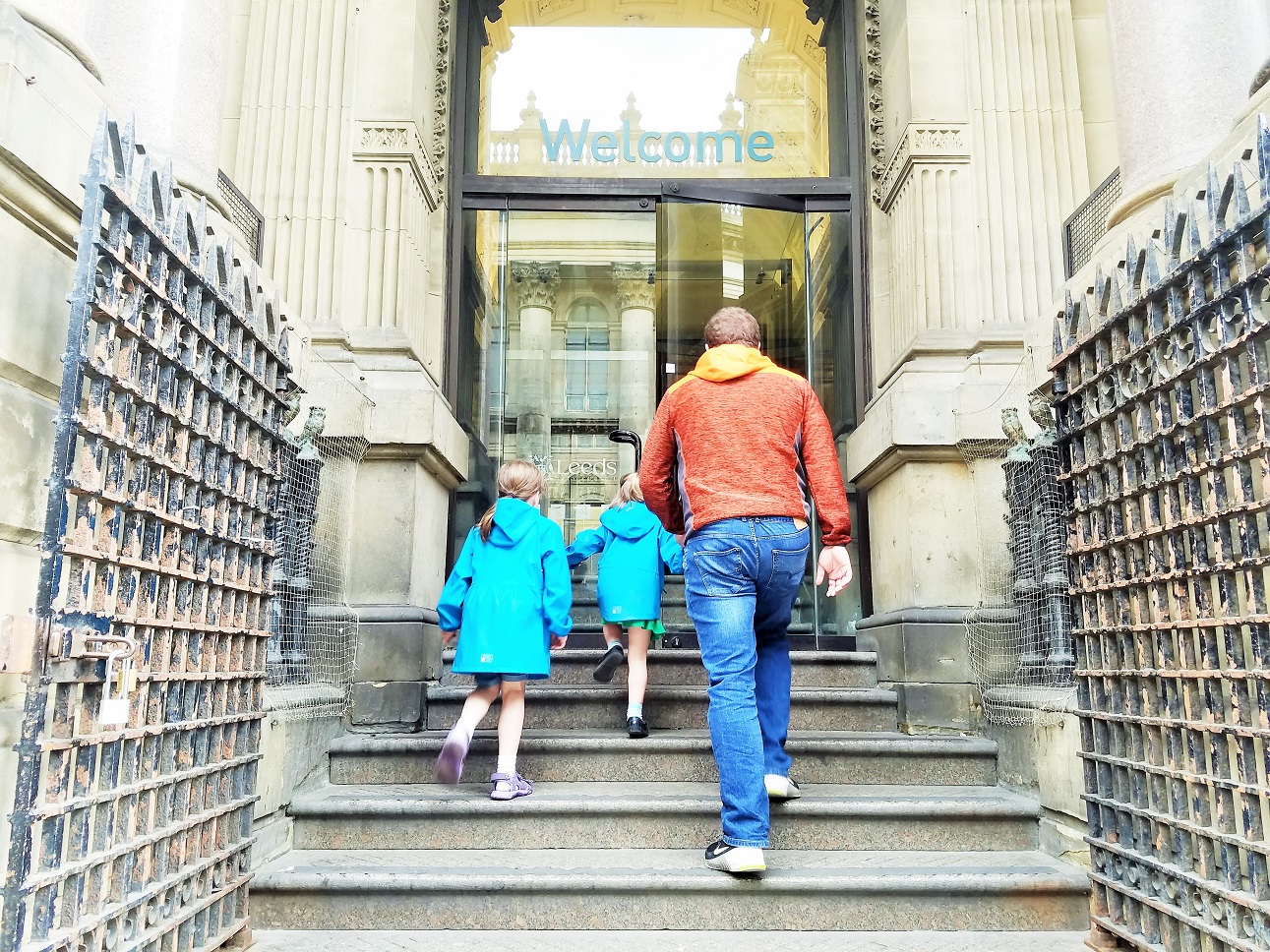
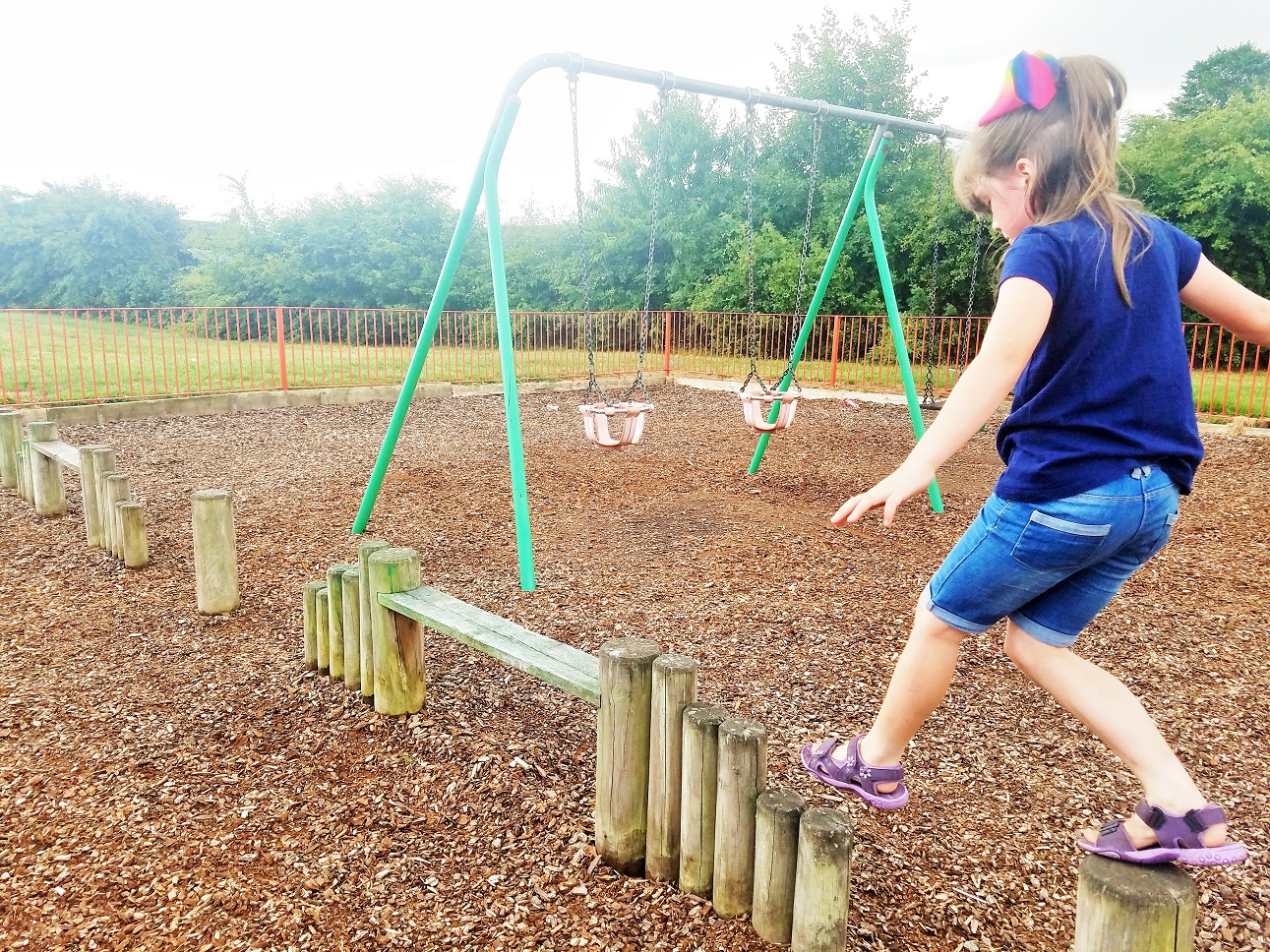
#BlogCrush
Thank you for your tips on gentle parenting! It is really important to be present, to ask questions, to listen, to relate and support our family and loved ones. I will share this on my Facebook Page!
Absolutely needed to read this! At 33 weeks and on the countdown – and as odd as this may sound – it’s good to read actual tips on how to be a good parent, and empathy I think is so important especially after reading this. Our new arrival will be joining a 4 year old brother (half but no difference to me!) and I really want him to feel part of things when they arrive and not on the outskirts; things like this will help massively. #BlogCrush
Empathy is so sooo important, couldn’t agree more Lucy. Beautiful post #blogcrush
Sooo good! I love the specific reminders of what empathy looks like. It can be hard to remember in the moment, but knowing what it looks like can help us actually do it. #blogcrush
Great tips and thoughts – empathy is so important if we are to understand our children, and to help them understand others. I particularly like your NOTE: – this can apply to adults too, especially other parents!
This is so wonderful. I often try to imagine our world, with empathic parents raising empathetic children. What would we be like> It would have to be better than we are now. Beautiful piece! Thank you, Lucy #blogcrush xoxo
Amazing post, this is something I always try to do but it can be hard in the heat of the moment when your child is misbehaving. You’ve written some really practical advice and I’m sure lots of parents will find your post helpful xx #blogcrush
Your posts have made me so patient! I agree empathy is important, explaining to your child, going through it all with them and trying to get them to see what you are is only going to be beneficial. This post reminded me of your post about as parents we shouldn’t be saying no to our child as that actually has an opposite effect. #blogcrush
Great tips. It’s so easy to lose sight of the bigger picture when you’re faced with a difficult situation with your child. In my experience, children rarely, and maybe never, behave badly for no reason.